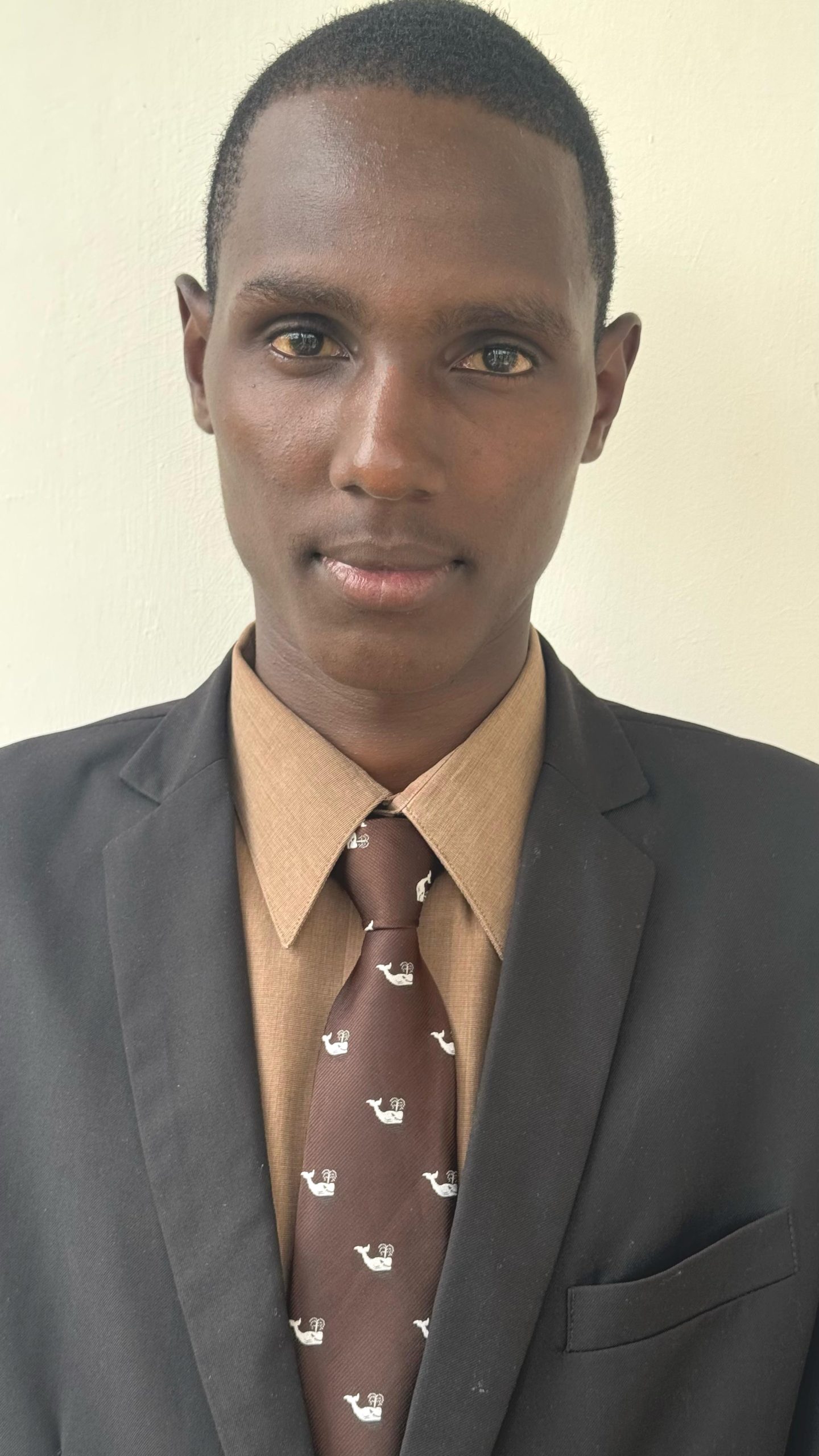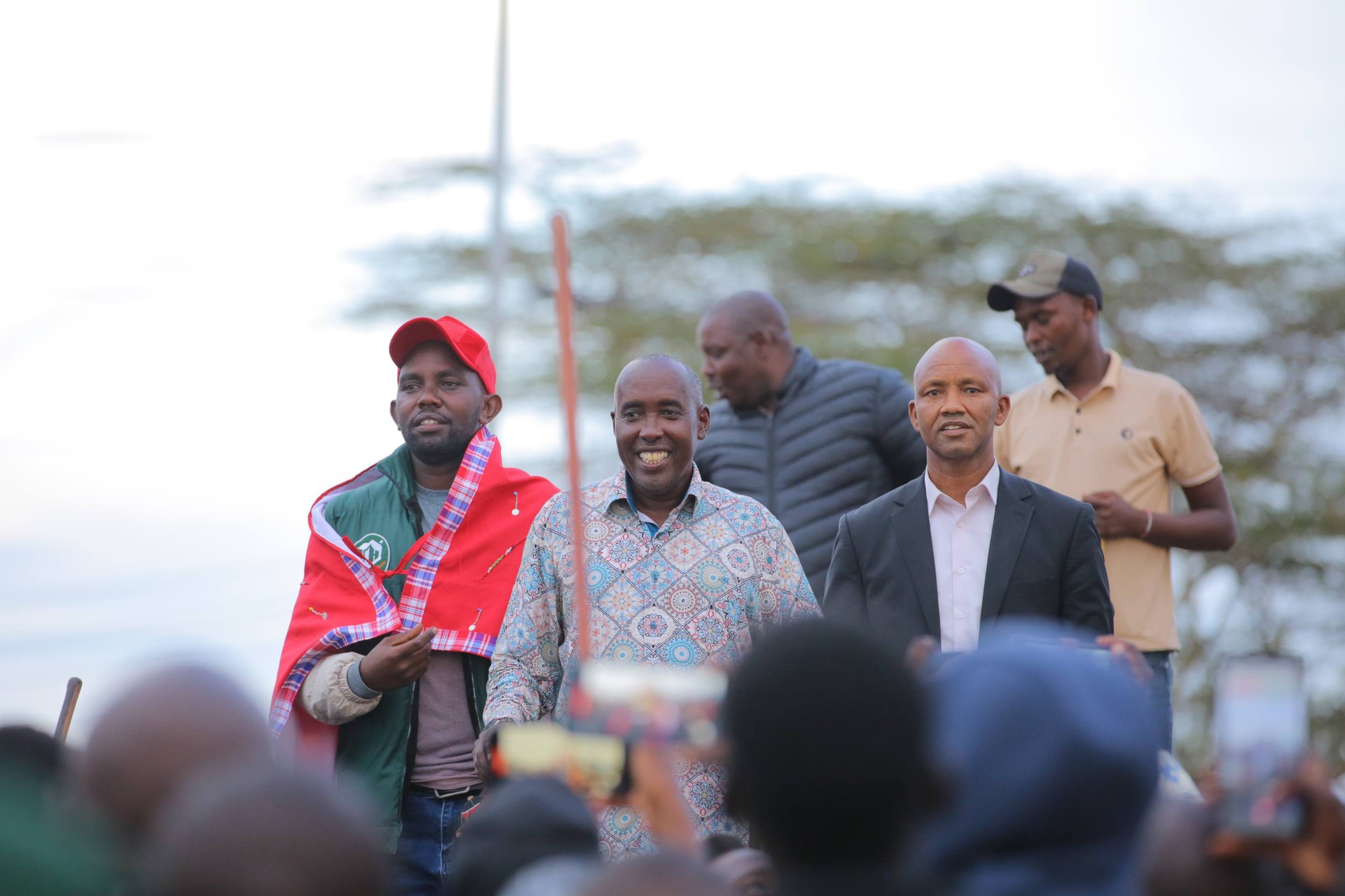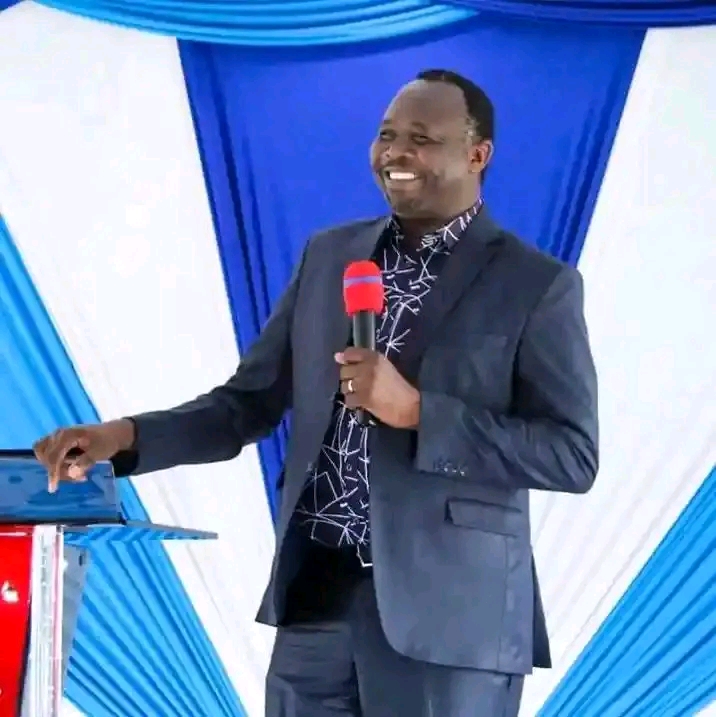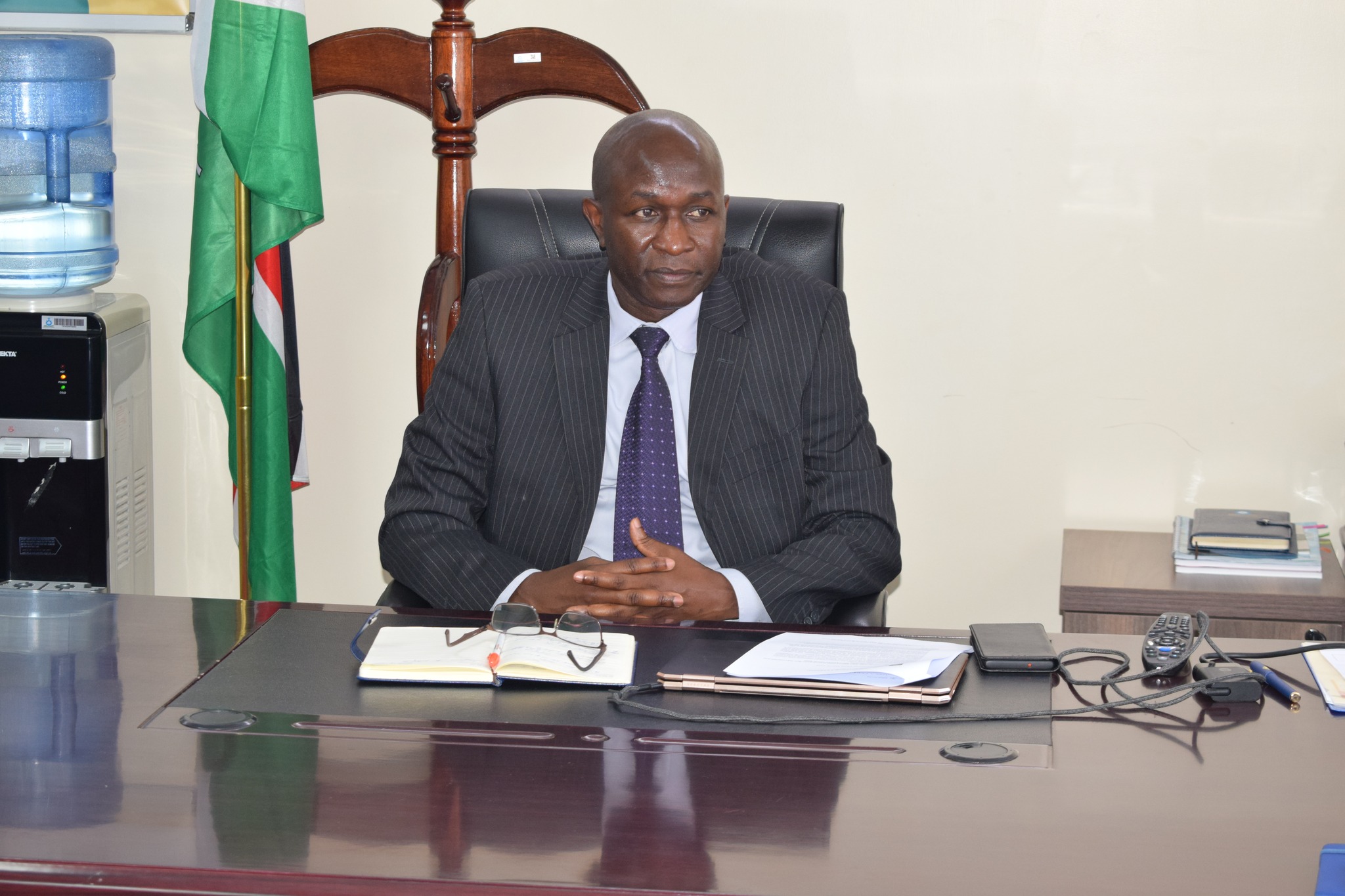Underlying Kenya’s vibrancy is tremendous potential to propel economic growth in an inclusive and no-one-left-behind manner. Sustainable Development Goals (SDGs) 7 and 8—modern, affordable, reliable, sustainable, and efficient energy for all, decent work for all, and durable, productive employment—are the window of opportunity to build a prosperous future. In adopting them, we open the door to a more just society.
Vision a Kenya with every household powered by clean and green energy, energising the country and changing lives. Energy is the foundation of development; it illuminates industries, schools, and homes. However, the humongous majority of Kenyans are still using outdated sources of energy, which not only waste but also ruin.
We can also achieve a cleaner future in energy by investing in cleaner forms of energy, such as solar, wind, and hydroelectric energy. These investment initiatives decrease our dependency on fossil fuels, create job opportunities, and stimulate economic growth in the regions.
Availability of clean energy is particularly significant in rural villages, where electricity may introduce education and economic opportunity. Look at a school where children can study at night, or a small business that can stay open late due to inexpensive energy. With energy availability, we empower people to pursue their dreams and contribute back to society, making economic development from the ground up.
READ ALSO:
Teachers who guaranteed colleagues to fly abroad cry out for TSC help
Besides access to energy, we must spur decent work and economic growth as enshrined under SDG 8. Kenya boasts a strong economy but is bedevilled by underemployment and youth unemployment. We require a business-friendly environment to spur innovation and entrepreneurship to realise our youth’s full potential. Empowering SMEs by enhancing access to finance, training, and mentorship will create jobs and stimulate local economies.
We should also enhance good labour practices and decent work. Everyone should be treated with respect, receive a decent wage, and enjoy a healthy workplace where they can excel. By enforcing labour law and encouraging corporate social responsibility, we can have a just workforce where everyone can flourish.
While working towards SDGS 7 and 8, we must also address inequality. Growth has to be inclusive for all of society, not just the elite. That requires policies for marginalised societies and development that includes everyone. Education and skill training for marginalised communities can put them into the workplace and render them productive citizens of the economy.
To achieve this, we must create synergy between the public and private sectors. Synergy will provide innovative solutions for bridging energy access divides and building sustainable job markets. We can share our collective resources and abilities and make a worthwhile contribution.
Realising that SDG 7 and SDG 8 are a shared agenda. To achieve them, the government, the business community, civil society, and communities must unite. We can collaborate on actions to drive inclusive economic growth, access to energy, and decent work for everyone.
Ultimately, the vision of a Kenya powered by economic growth through renewable energy and inequality reduction is possible. With the achievement of these Sustainable Development Goals, we can have a world wherein we can all coexist with the capability to prosper and be given a chance to contribute to a prosperous nation.
By Tonny Kyule
Tonny Kyule is an advocate of the SDGs vision 2030 at Rongo University and a writer for the Journalism Student Association of Kenya.
You can also follow our social media pages on Twitter: Education News KE and Facebook: Education News Newspaper for timely updates.






